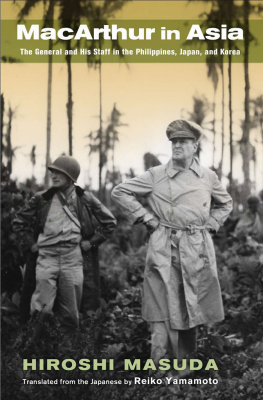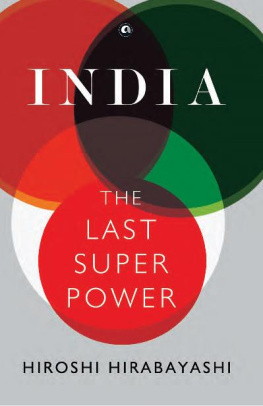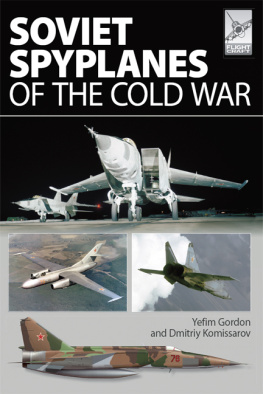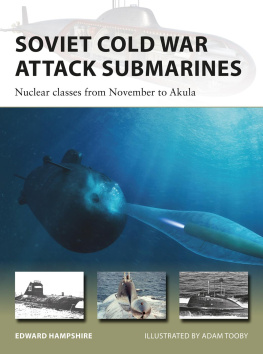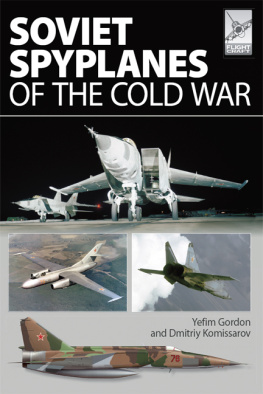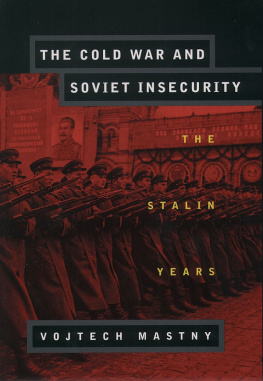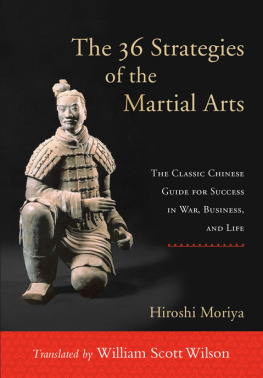
Soviet Science and Engineering in the Shadow of the Cold War
The 1950s were a vital time in the history of science. In accordance with the intensification of the Cold War, many scientific talents were mobilized to several military-related research and development projects not only in the United States but also in the Soviet Union. Contrary to the expectation of General Leslie Groves, a leader of the Manhattan Project, the Soviet Union succeeded in their nuclear weapon development in a very short time. And then, by the end of the decade, mankind reached the dawn of the Atomic Age proper with the beginning of the operation of the worlds first civil nuclear power plant in Obninsk in 1954. The risky and costly developments of new weapons such as rockets, jet warplanes, and computers were achieved by the Soviet Union in a very short time after World War II in spite of the heavy economic damage caused by the battles with German troops in Soviet territory.
Why were such a great number of scientific talents mobilized to various Soviet Cold War research and development projects? What were the true natures and real consequences of the rushed Cold War projects? How did Soviet scientists approach the nuclear age? Thanks to the study of formerly classified Soviet archives, a more nuanced view of Soviet society has become possible. To resolve the above-mentioned questions, Ichikawa analyses the complicated interactions among various factors, including the indigenous contradictions in the historical development of science in the Soviet Union; conflicts among the related interest groups; relationships with the political leadership and the military; the role of ideology; and others.
Hiroshi Ichikawa is Professor of the History of Science and Technology in the Graduate School of Integrated Arts and Sciences at Hiroshima University, Japan.
Routledge Studies in the History of Science, Technology and Medicine
Spatializing the History of Ecology
Sites, Journeys, Mappings
Edited by Raf de Bont and Jens Lachmund
Cancer, Radiation Therapy and the Market
Barbara Bridgman Perkins
Science and Ideology
A Comparative History
Mark Walker
Closing the Door on Globalization: Internationalism, Nationalism, Culture and Science in the Nineteenth and Twentieth Centuries
Fernando Clara and Cludia Ninhos
Johann Friedrich Blumenbach: Race and Natural History, 17501850
Edited by Nicolaas Rupke and Gerhard Lauer
Health Policies in Transnational Perspective: Europe in the Interwar Years
Josep-Llus Barona-Vilar
Urban Histories of Science
Making Knowledge in the City, 18201940
Edited by Oliver Hochadel and Agust Nieto-Galan
Pioneering Health in London, 19352000
The Peckham Experiment
David Kuchenbuch
Soviet Science and Engineering in the Shadow of the Cold War
Hiroshi Ichikawa
For the full list of titles in the series, please visit: www.routledge.com/Routledge-Studies-in-the-History-of-Science-Technology-and-Medicine/book-series/HISTSCI
Soviet Science and Engineering in the Shadow of the Cold War
Hiroshi Ichikawa
First published 2019
by Routledge
2 Park Square, Milton Park, Abingdon, Oxon OX14 4RN
and by Routledge
711 Third Avenue, New York, NY 10017
Routledge is an imprint of the Taylor & Francis Group, an informa business
2019 Hiroshi Ichikawa
The right of Hiroshi Ichikawa to be identified as author of this work has been asserted by him in accordance with sections 77 and 78 of the Copyright, Designs and Patents Act 1988.
All rights reserved. No part of this book may be reprinted or reproduced or utilised in any form or by any electronic, mechanical, or other means, now known or hereafter invented, including photocopying and recording, or in any information storage or retrieval system, without permission in writing from the publishers.
Trademark notice: Product or corporate names may be trademarks or registered trademarks, and are used only for identification and explanation without intent to infringe.
British Library Cataloguing-in-Publication Data
A catalogue record for this book is available from the British Library
Library of Congress Cataloging-in-Publication Data
A catalog record for this book has been requested
ISBN: 978-1-138-55245-6 (hbk)
ISBN: 978-1-315-14819-9 (ebk)
Typeset in Galliard
by Apex CoVantage, LLC
To Kaji-san
Contents
Part I
What drove the scientists to the Cold War? In the case of physicists
Part II
Some aspects of the Soviet Cold War research and developments
Part III
Hope and anxiety: Soviet science at the dawn of the nuclear age
To design a future in which the achievements of science and engineering are mostly utilized for human welfare, we must overcome the structural problem of the Cold War science and engineering in which a tremendous amount of funds, research resources (manpower, research facilities, equipment, devices, and other resources) and productive resources have been consumed for various military and military-related projects of the states. Similar to the United States, in the Soviet Union, various state scientific and technological projects were carried out during the Cold War. This book is the fruit of the authors research on the initiation of the Cold War of science and engineering in the Soviet Union during the early years of the Cold War.
However, there are some chapters that are omitted from this book; it does not refer to nuclear weapon development, which must be regarded as the highpoint of the various scientific efforts during the Cold War, and other important issues such as nuclear submarine development and radar development.
Due to the lack of the possibility to access primary research sources such as archival documents and records and, moreover, due to the difficulty in providing readers with any further original arguments that cannot be found in the earlier literature on these subjects, the author omitted these chapters, although these issues were argued in a book written by the author in Japanese [Ichikawa, Hiroshi, Reisen to Kagaku-Gijutsu: Sorenp19451955. (The Cold War, Science and Technology: The Soviet Union, 19451955). Kyoto, Minerva Shob, 2007] on the basis of literature, books, and papers already published in Russian or English to provide Japanese readers with an overview of the Soviet Unions scientific efforts during the Cold War. If you are interested in these subjects, please refer to the referenced literature.
In this way, this book is a collection of the papers by a sole author rather than a monograph. It consists of the newly revised and edited versions of the authors papers formerly published in Japanese or English, which are cited in footnotes throughout this book. (One paper which is the base of was awarded Outstanding Paper Award by the Japan History of Science Society in 2018.) Therefore, after reading the introduction, the reader is free to read any chapter in any order.
The research that has crystalized in this book was supported by the Japan Society for the Promotion of Science, which provided the author its Grant-in-Aid for Scientific Research seven times for the subjects related to this book, by the Nomura Foundation for Social Science, the Fukutake Science and Culture Foundation, the Mitsubishi Foundation, and by the Japan Securities Scholarship Foundation.




